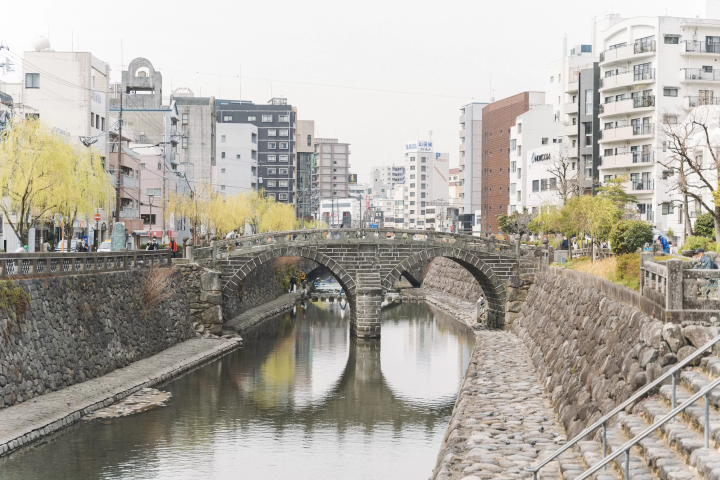Beautiful shakuhachi sound echoing through the dinner hall.

Why is the soft tone of the shakuhachi so soothing, like listening to the sound of the wind? At the Japanese dinner party of JTCA Monitoring Tour, we ate delicious sushi while enjoying live shakuhachi music. Performer Ms.Shouzan Sakurai told us about the secret behind the sound of the shakuhachi, a traditional Japanese instrument.
Have you ever heard the shakuhachi sound live? The sound of the shakuhachi is soft and warm like the wind, giving the listener a sense of peace as if they were deep in the woods. Performer Ms.Shouzan Sakurai told us about the secret.
For example, when listening to the sounds of insects, Westerners find them "noisy," but Japanese people are said to find them "comforting." There is a theory that the reason for this is that the brains that receive sound differ between Japanese and Western Europeans, but Ms Shouzan Sakurai says that humidity has a lot to do with it.
Ms. Sakurai, is a performer, who sometimes take the shakuhachi to Europe to perform, but she says that the sound of the shakuhachi echoes completely different there. It seems that instead of the rich, soft tone like the sound of the wind, it becomes a beeping, flat sound like a recorder. However, she has to deliver the sound of a traditional Japanese instrument to the local area, she makes effort to increases the humidity in the venue on the day of the performance, and wraps the shakuhachi itself in large leaves such as cabbage to maintain humidity. By doing this, the sound of the shakuhachi passes through the moisture in the air, allowing it to reproduce that rich tone.
The sound of a wind chime also has an air of elegance because it is heard in the humid summer, and it seems that if you listen to it in the dry winter, it will only make a dull, lonely sound. surely···.
Japanese climate makes the sounds of insects and wind chimes beautiful, and enriches the sounds of traditional instruments such as the shakuhachi.
Ms. Sakurai taught me the word "overtone." For example, if we play the sound ``A'' on a musical instrument, the actual sound that is produced includes other sounds as well, and the air vibrates together to reach our ears. "Other sounds" other than the basic sound are called "overtones." Sounds and voices that exist all over the world basically have overtones, and are classified into those that contain many overtones and those that do not.
In Japan, where the humidity is high, even the same instrument or voice contains many overtones, giving the sound more depth and comfort.
That hoarse sound, the sound after the sound. This is why the sound of the shakuhachi, which contains many overtones, is so pleasant.
I hope that people from all over the world can experience the original beautiful sound of the shakuhachi here in Japan.
◎We will work together with businesses that provide hospitality to foreigners through Japanese traditional culture to realize experiential tours for foreigners visiting Japan and spread the appeal of Japan to the world. ◎We aim to further revitalize the Fujisawa/Shonan area by holding "Japanese Traditional Culture Hospitality Events" in collaboration with the government and operating hospitality activities for foreigners.
The contents on this page may partially contain automatic translation.





























![[Gunma, Nakanojo] Experience Japanese history in a wooden school building from the Meiji era](https://resources.matcha-jp.com/resize/720x2000/2025/12/25-254022.webp)
![[30 minutes from Nagoya ] A itinerary for Tokoname 's "Lucky Cat" to visit Japan's number one Beckoning Cat town](https://resources.matcha-jp.com/resize/720x2000/2026/02/17-258884.webp)


![[During Your Kumano Trip] Cape Shionomisaki Tourist Tower](https://resources.matcha-jp.com/resize/720x2000/2025/11/05-249097.webp)